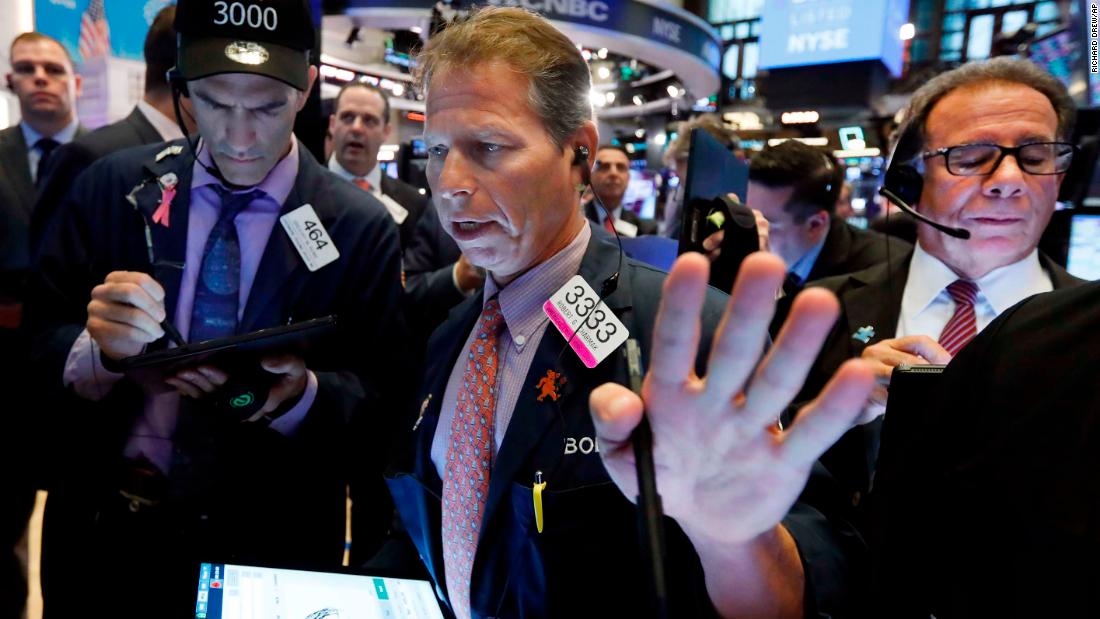Monday, August 05, 2019
The announcement of the merger of the two largest newspaper groups in America creates a behemoth newspaper company owning nearly 300 daily newspapers of every size paper from the Newport Daily News to the Providence Journal to USA Today.The combined GateHouse Media and Gannett company is the first coast-to-coast newspaper group.
The $1.4 billion deal crushes the last vestiges of memories of local ownership of newspapers — families like the Metcalfs, who controlled the Providence Journal for more than a century. Leon Black’s Apollo Global Management LLC is funding GateHouse's purchase of Gannett through a $1.79 billion term loan, the companies said Monday.
Black, has ties to now-indicted Jeffrey Epstein.
All of this is far from the local ownership that controlled the Providence Journal for more than a century.
Michael Metcalf ran the Providence Journal until his death in 1987. It was a family-led business for the preceding 100 years.
In 1890, his paternal grandfather, Stephen O. Metcalf, was elected to the board of directors of the Journal Co. He was elected president in 1904 and held that position until 1941, when he was succeeded by George Pierce Metcalf. George Metcalf, Metcalf’s father, died in 1957.
More Cuts ComingAccording to the nation’s top newspaper expert -- Ken Doctor, who writes for Harvard’s Neiman Lab -- the deal is likely to lead to the slashing of even more jobs in more newsrooms around the country.
“Uniting our talented employees and complementary portfolios will enable us to expand our comprehensive, hyperlocal coverage for consumers, deepen our product offering for local businesses, and accelerate our shift from print-centric to dynamic multimedia operations,” said Michael Reed, chairman and chief executive of GateHouse’s parent company, in a statement.
Both GateHouse and Gannett are reporting second-quarter earnings this week -- and both are expected to report poor-performance for "same store" newspaper revenues in 2019 versus 2018.
$200 to $300M in Cuts“For the journalists inside what will become the new Gannett, and for their readers, the immediate future is hard to chart. Financial realities drive this deal — and that means cutting. We’ll hear the two companies talk about synergies in that $200 to 300 million range. How do those numbers work?” writes Doctor.
According to Doctor, the achieved “synergies” in the deal are expected to to be between $200 to $300 million.
“At the low end, ‘figure $200 million minus $100 million the first year,’ explains one savvy financial insider. ‘It will cost them about $100 million in severance-plus to get the savings they want. Then there’s a savings of $200 million net a year.’
But wait: That might sound good if newspaper revenues were stable. They’re not, expected to drop another 5-plus percent in 2020 and likely continued decline after that. That could add up to another $100 million vanished from top-line revenues in 2020,” writes Doctor.
Impact in Rhode IslandThe latest merger is likely to further adversely impact the newsrooms of the Providence Journal and the Newport Daily News — already devastated by decades of layoffs and buyouts.
Today, the Providence Journal has approximately 15 news reporters — down from hundreds in the 1980s.
Rick Edmonds, a media business analyst at The Poynter Institute, tells the Wall Street Journal the merger could mount pressure on other media companies looking to cut costs and consolidate.
Related Articles
- Projo Cuts Reporter, Editors and Photographer and 3 Leave Newport Daily News
- Andy Smith, Music and Features Writer, Leaves Projo After 30 Years
- EDITORIAL: Projo Praises Mattiello. Any Ties to Trying to Preserve $700K in Legal Notices?
- GoLocal Welcomes Environmental Columnist Scott Turner, Former Projo Contributor
- National Study and Boston Media Expert Blister Projo and Parent Company for Cuts
- Projo’s Parent Company Closes More Newspapers Across the United States
- Projo’s Glass House — Company Earns Hundreds of Thousands from Antiquated Legal Notices Requirement
- Media Unrest: Projo Takes Strip Club Ads, Globe Suspends Pulitzer Prize Winner
- More Staff Reductions at Projo and Big Price Increase: UPDATED
- UPDATED: ProJo’s John Hill to Take Buyout, Three More ProJo Employees Seeking Buyouts
- Projo Issues Statement After Gun Store Sticker Ad Runs on Top of Synagogue Massacre Story
- WPRI’s Parent Co. Buying Tribune, Projo’s Parent Co. Stock Plummets Along With Circulation
- More Cuts at Projo and 200 Slashed at GateHouse Papers Across the U.S.—Stock Tumbles
- Union Alleges Projo is Violating RI Labor Laws, Company Attempts to Avoid Paying Sunday Overtime
- Head of Projo’s Union Says GateHouse is Not Disclosing Number of Layoffs
- Projo’s Parent Company GateHouse in Merger Talks With Gannett, According to Reports
- Projo’s Parent Co. GateHouse Media is Slashing Newspapers in New England — “Merging” 50 Into 18
- Print Ad Revenue Drops 14.8% for Projo’s Parent Co. and Projo Circulation Drops to 38K
- Projo’s Top Boss Made $1.7M While Staff, Circulation, Stock & Same Store Revenue Declined
- Photo Emerges of Projo’s Investigative Reporter Hummel in Blackface
- RI’s Media Decline — Projo Staff Cuts, Providence American Stops Printing and Pivots to Digital
- Projo and Newport Daily News Hit With More Cuts - Latest GateHouse Layoffs Total 60+ in U.S.
- Bad News for Projo - Price Increases to $3, Circulation Drops to 41K and More
- Projo’s Parent Co. GateHouse and Gannett Close to Finalizing Merger Deal, According to WSJ
Enjoy this post? Share it with others.
https://www.golocalprov.com/business/projos-parent-gatehouse-in-revenue-free-fall-merges-with-gannett-200m-in-cu
2019-08-05 21:56:32Z
52780346225733








